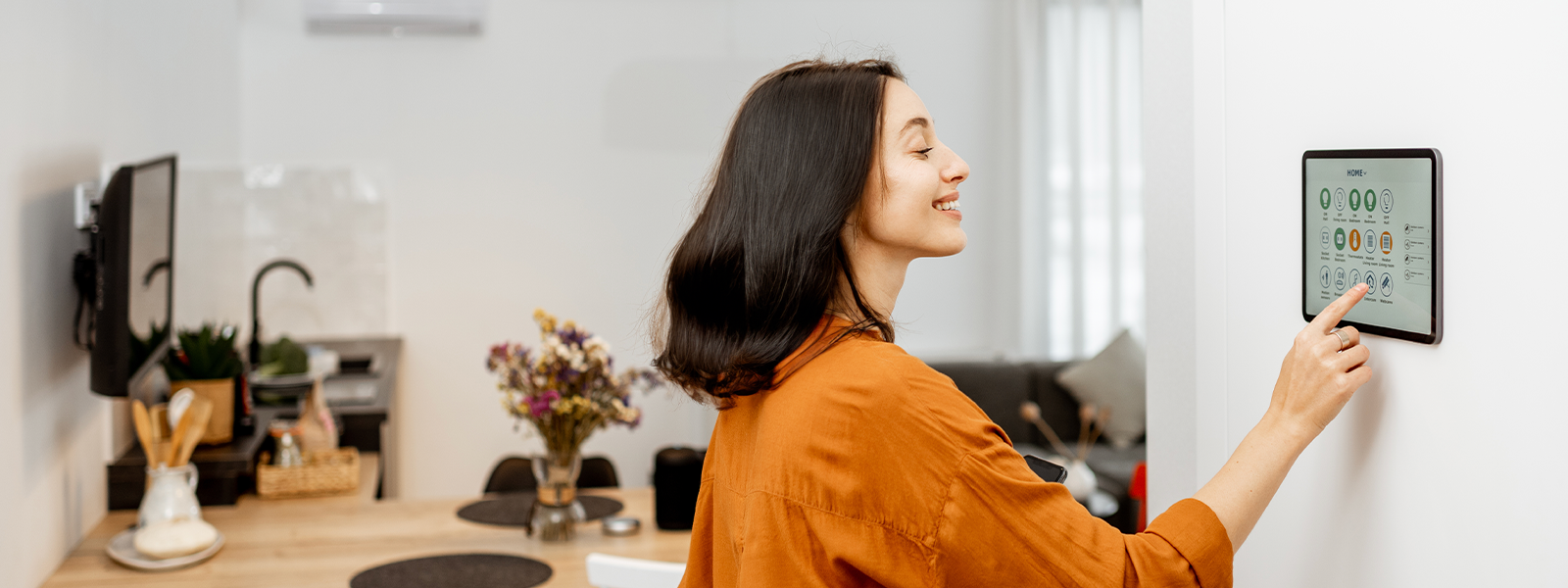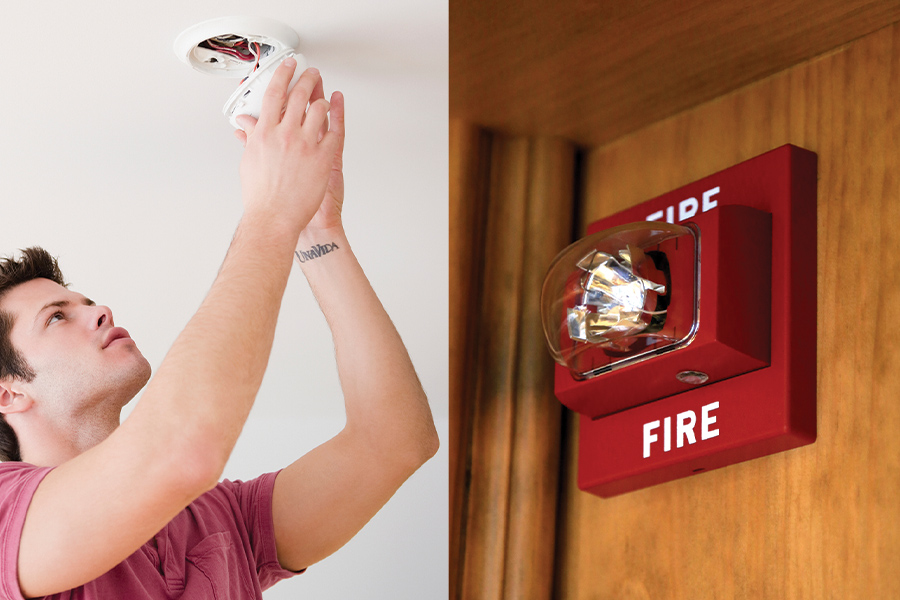Choosing the Right Fire Alarm: A Step-by-Step Guide for Safety-Conscious Consumers
Choosing the right fire alarm is a crucial decision for any safety-conscious homeowner, as it serves as an essential line of defense in protecting your home and loved ones from potential fire hazards. Fire alarms are designed to alert you at the first sign of smoke or fire, giving you precious time to respond. However, with various types, features, and technologies available, selecting the right one can feel overwhelming. This guide will walk you through a step-by-step approach to ensure you choose the fire alarm that best suits your home’s specific needs and provides reliable protection.
The first step in choosing a fire alarm is understanding the different types of fire alarms available. The main types include ionization alarms, which are better for detecting fast-flaming fires, and photoelectric alarms, which are more sensitive to slow, smoldering fires. Some alarms combine both technologies in dual-sensor models, offering more comprehensive protection. Being informed about these options helps you select the type that best matches the specific risks in your home, particularly if you live in an area prone to specific fire hazards.
Once you’re familiar with the types, consider whether you want a battery-powered or hardwired fire alarm. Battery-powered alarms are easy to install and don’t require a professional, but they do need regular battery replacements. Hardwired alarms, on the other hand, connect to your home’s electrical system, offering a more permanent solution with backup battery options in case of a power outage. Hardwired alarms often require professional installation but are ideal for homeowners seeking long-term reliability and minimal maintenance.
Smart fire alarms are an increasingly popular option, offering additional features like remote monitoring, smartphone alerts, and integration with smart home systems. These alarms connect to Wi-Fi and can notify you of any alerts directly on your phone, even when you’re away from home. Some smart models also offer voice alerts and automatic emergency contact features, adding layers of safety. If you want to stay connected to your home’s safety no matter where you are, a smart fire alarm might be the best choice.
Another critical factor is the location and number of fire alarms needed. Fire safety guidelines generally recommend placing alarms in every bedroom, outside each sleeping area, and on every level of the home, including the basement. Some homeowners may need additional alarms in areas with high fire risk, like the kitchen or garage. Ensuring that your home has the right coverage not only enhances safety but also meets local safety regulations, providing peace of mind.
The sensitivity level of the alarm is another feature to consider. Some alarms are highly sensitive and may trigger easily, which can be a concern in areas like the kitchen, where cooking smoke may set off false alarms. Look for alarms with adjustable sensitivity or a temporary silence feature, which can be particularly helpful in these situations. Having the ability to manage sensitivity prevents unnecessary disruptions while still maintaining essential protection.
Consider additional features that enhance safety and convenience. For example, some alarms come with voice alerts that specify the location of the smoke, such as "smoke in the kitchen," helping you respond more effectively in an emergency. Other alarms include emergency lights that activate during an alarm, providing visibility in case of a nighttime fire. These features may seem minor but can make a significant difference in how well you can respond in an emergency.
Ease of installation and maintenance is another important consideration. While battery-powered models are generally easy to install, hardwired models may require professional help. Regardless of the type, look for alarms that are easy to test and maintain. Models with low-battery warnings, test buttons, and simple battery compartments make it easier to ensure your alarm is always functioning properly. Regular maintenance and testing are crucial for the alarm’s effectiveness, so ease of upkeep should be a priority.
Next, assess the alarm’s compatibility with other safety devices in your home. Some fire alarms can be interconnected with other alarms and security devices, meaning if one alarm goes off, the others will too. This feature is particularly valuable in larger homes, where an alarm on one side of the house may not be heard on the other side. Interconnectivity is an excellent way to ensure comprehensive coverage and synchronized response throughout your home.
Check certifications and compliance with safety standards, as this ensures your fire alarm meets the necessary safety requirements. Look for certifications from recognized organizations like UL (Underwriters Laboratories) or NFPA (National Fire Protection Association), which indicate that the alarm has undergone rigorous testing for reliability and effectiveness. These certifications give you confidence that your fire alarm meets high safety standards and is reliable in emergency situations.
Finally, consider your budget and long-term costs. While basic fire alarms are typically affordable, advanced models with smart features or dual sensors may cost more upfront. However, investing in a high-quality alarm often provides better performance and durability, potentially saving you money in the long run. Weigh the features, technology, and peace of mind offered by each model to ensure you select an alarm that offers the best value for your budget and long-term safety needs.
Choosing the right fire alarm can be a life-saving decision, and taking a thoughtful, step-by-step approach ensures you select the best option for your home. From understanding the different types of alarms to assessing the specific features you need, each step plays a role in creating a safer environment for you and your loved ones. By following this guide, you can feel confident that your home is well-equipped with a reliable fire alarm system that stands ready to protect you in any emergency.

